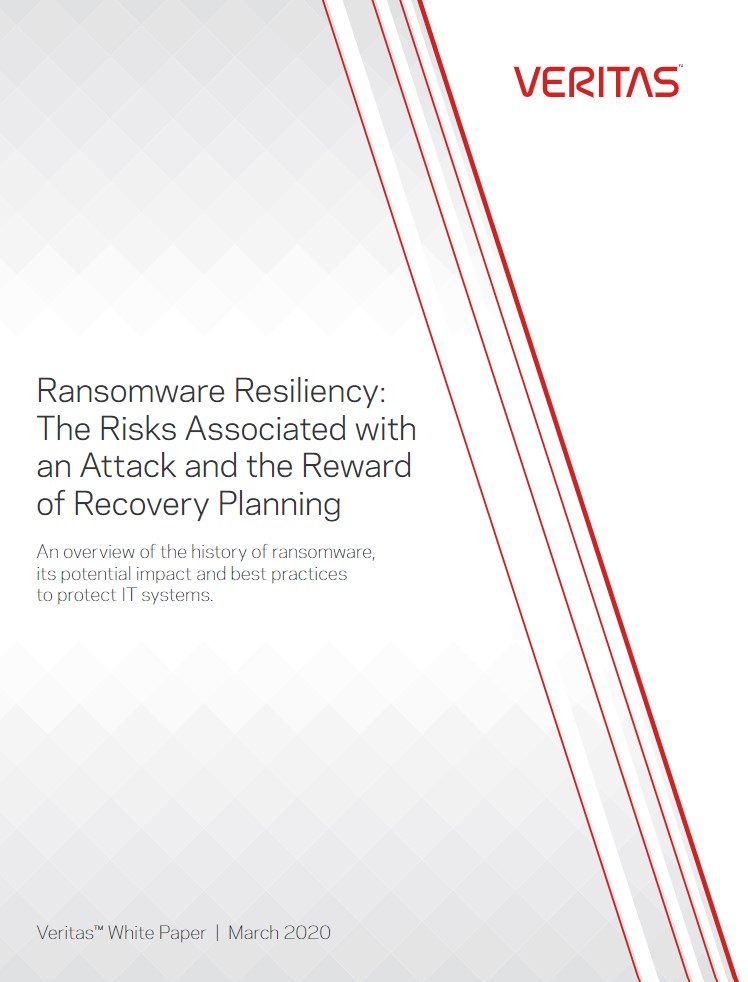90% of second-hand storage contains personal and business data
Kaspersky research found that up to one in five devices contained data that could be uncovered and extracted immediately


As many as 90% of previously-owned storage media devices such as USB sticks and hard drives contain some form of private and business data from its former owners, a new study by Kaspersky has found.
This data ould include anything from banking documents and company emails to private messages and pornographic content, according to the cyber security firm.
Kaspersky’s Global Research & Analysis Team (GReAT) made the discovery while analysing the contents of 185 second-hand storage devices, out of which only 11% were found to be entirely clean. The team discovered that as many as one in five devices contained data that could be found and extracted immediately, while almost three-quarters (74%) held data that could still be recovered through file carving.
According to GReAT Europe head Marco Preuß, “the potential damage if personal data falls into the wrong hands is enormous”.
“Identity theft, access to accounts, blackmail or even social ruin of the original owners would be possible. In addition, data could be used to carry out attacks on the previous owner of the device as well as close family, friends or peers,” he said.
The ownership of second-hand devices is becoming a more prevalent practice due to sustainability efforts. Kaspersky found that out of 2,000 UK consumers, 649 had bought a used computer, 802 a mobile device, and 321 had purchased used storage media.
RELATED RESOURCE

Ransomware resiliency: The risks associated with an attack and the reward of recovery planning
An overview of the history of ransomware, its potential impact, and best practices to protect IT systems
However, the well-intentioned practice has potential to turn into a security nightmare. Among the 649 second-hand computers, 13% contained contact details for the previous owner, one in ten held business-related data, and another 10% discovered official documentation such as passports and driving licenses. Similar percentages were found across mobile devices, USB sticks, and hard drives.
Sign up today and you will receive a free copy of our Future Focus 2025 report - the leading guidance on AI, cybersecurity and other IT challenges as per 700+ senior executives
The researchers also found documents containing passwords and login details of former owners – which could easily be used to hack into an organisation.
GReAT DACH (Germany, Austria, and Switzerland) head Christian Funk warned that “the criticality of sensitive, personal data seldom loses its effectiveness over time, even if the collection itself is far in the past”.
“Only a complete overwriting of the actual information on a data carrier can remedy this,” he added.
Having only graduated from City University in 2019, Sabina has already demonstrated her abilities as a keen writer and effective journalist. Currently a content writer for Drapers, Sabina spent a number of years writing for ITPro, specialising in networking and telecommunications, as well as charting the efforts of technology companies to improve their inclusion and diversity strategies, a topic close to her heart.
Sabina has also held a number of editorial roles at Harper's Bazaar, Cube Collective, and HighClouds.
-
 The modern workplace: Standardizing collaboration for the enterprise IT leader
The modern workplace: Standardizing collaboration for the enterprise IT leaderHow Barco ClickShare Hub is redefining the meeting room
-
 Interim CISA chief uploaded sensitive documents to a public version of ChatGPT
Interim CISA chief uploaded sensitive documents to a public version of ChatGPTNews The incident at CISA raises yet more concerns about the rise of ‘shadow AI’ and data protection risks
-
 The business value of Zscaler Data Protection
The business value of Zscaler Data ProtectionWhitepaper Understand how this tool minimizes the risks related to data loss and other security events
-
 Top data security trends
Top data security trendsWhitepaper Must-have tools for your data security toolkit
-
 Three essential requirements for flawless data protection
Three essential requirements for flawless data protectionWhitepaper Want a better CASB and stronger DLP? You have to start with the right foundation
-
 The gratitude gap
The gratitude gapWhitepaper 2023 State of Recognition
-
 The top five risks of perimeter firewalls
The top five risks of perimeter firewallsWhitepaper ...and the one way to overcome them all
-
 Redefining modern enterprise storage for mission-critical workloads
Redefining modern enterprise storage for mission-critical workloadsWhitepaper Evolving technology to meet the mission-critical needs of the most demanding IT environments
-
 The business value of storage solutions from Dell Technologies
The business value of storage solutions from Dell TechnologiesWhitepaper Streamline your IT infrastructure while meeting the demands of digital transformation
-
 Building a data governance strategy in 2023
Building a data governance strategy in 2023In-depth Data governance will continue to expand as attitudes change and businesses look to optimise the value of their data
